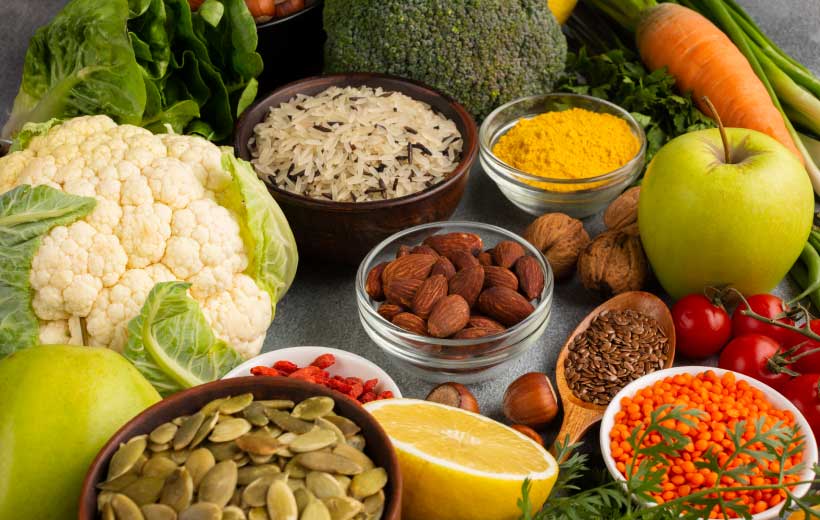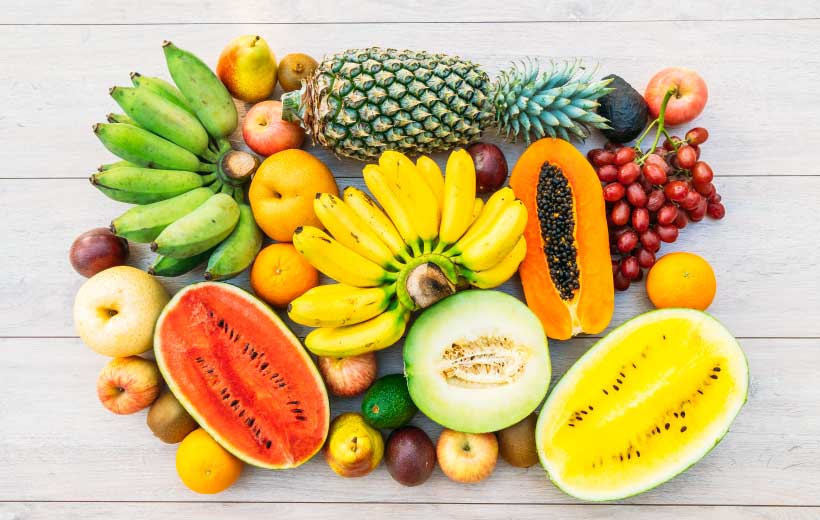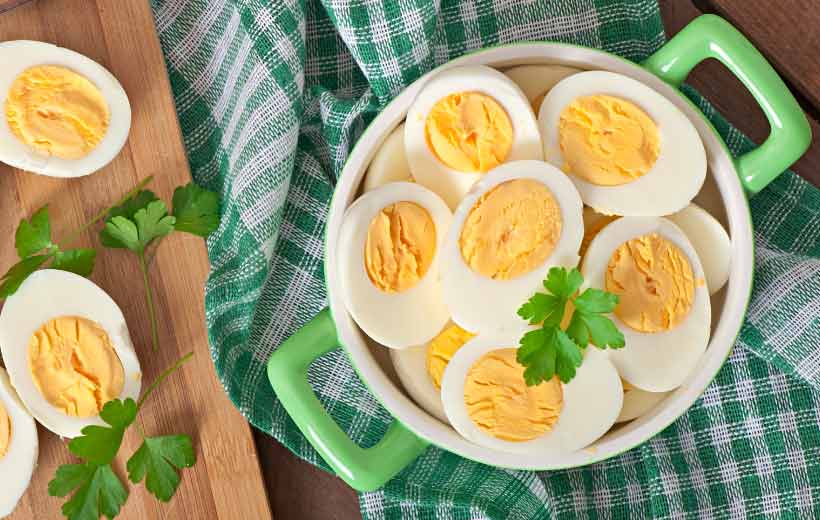The habit of skipping breakfast, eating a lot of red meat, and sweets, and being inactive… increases the risk of gallstones and complications such as acute pancreatitis, and hepatobiliary abscess.
The gallbladder is responsible for concentrating and storing the bile secreted by the liver. When eating fatty foods, the gallbladder will contract to push bile into the bile ducts to digest fats.
The source of gallstones is bile. When bile stored in the gallbladder hardens and crystallizes into solid particles, gallstones are formed. This process occurs under three conditions. First, excess cholesterol with normal bile salts or normal cholesterol levels with reduced bile salts. Second, cholesterol crystal nucleation accelerates or rapidly converts from liquid to crystalline. Third, the gallbladder is less active, causing the crystals to stay in the gallbladder long enough to form stones.
The main cause of the disease is eating habits and lifestyle. Here are the habits that cause gallstones everyone should avoid.
Skip breakfast
The gallbladder normally secretes bile in the morning, preparing it for digestion after a long night of rest. Therefore, when skipping breakfast, bile has no food to digest, and bile remains in the gallbladder longer. This habit for a long time causes bile to accumulate in the gallbladder and intestines, and cholesterol secreted by bile to be deposited, crystallized, and easily formed gallstones. To limit the risk of gallstones, you should eat in moderation, on time, and avoid skipping meals.
Eat a lot of red meat and fried foods
A high-fat diet, abusing fatty fried foods, red meat, and animal organs increases blood cholesterol, increasing the risk of cholesterol stones in the bile. In addition, this habit also increases the risk of overweight and obesity. Obese people often have high blood cholesterol index, abdominal fat accumulation, increased insulin and blood lipids, and insulin resistance, leading to an increase in cholesterol excretion in the liver, causing gallbladder dysfunction. Therefore, the rate of gallstone disease and cholecystitis is higher than in the general population.
To avoid gallstones, you should limit eating fast foods or foods high in fat and cholesterol. Instead, you should increase your intake of green vegetables, fruits, and fiber. Fiber helps prevent cholesterol from accumulating in the bile, reducing the likelihood of gallstones forming.
Abuse of sweets
Eating a lot of foods with high sugar content accelerates the accumulation of cholesterol, causing an imbalance in the ratio of cholesterol, bile acids, and lecithin in the bile. In addition, eating a lot of sweets also causes rapid weight gain, increases the risk of diabetes, and causes the liver to produce more cholesterol. These may be favorable conditions for stones to form in the bile.
Lazy to exercise
Regular exercise helps burn calories, reduce the risk of overweight and obesity, and reduce the risk of gallstones. According to a study by the University of Cambridge and several institutions of more than 25,600 people, published in the European Journal of Gastroenterology and Hepatology, people who participate in high levels of physical activity reduce their risk of developing symptomatic gallstones by 70% by 70%. evidence after 5 years. In contrast, sitting for a long time, and being inactive, the risk of gallstones is higher than those who exercise regularly. You should maintain exercise at least 5 days per week, 30 minutes each time.

Eating too many sweets, sitting for a long time, and being inactive can form stones in the bile. Photo: Freepik
Lose Weight Fast
Excessive dieting and fasting can increase the risk of gallstones. Due to sudden weight changes, the liver releases more cholesterol into the bile, leading to stone formation. Ideally, overweight and obese people should lose 5-10% of their original weight over 6 months to avoid the risk of gallstones.
Gallstones form silently, with no symptoms or obvious symptoms if the stones do not block the gallbladder. Only when the gallbladder is inflamed can the patient feel pain on the right side below the ribs, between the shoulder blades, or in the right shoulder; digestive disorders; nausea, vomiting; jitter; sweat; fatigue, fever over 38 degrees.
If not promptly detected and treated, biliary obstruction leads to many dangerous complications such as acute pancreatitis due to stones, pyelonephritis, and hepatobiliary abscess, biliary bleeding, even death from septic shock. bacteria. To prevent and detect disease early, everyone should have regular health check-ups.
Follow the website ongreenbeauty.com to get more health, nutrition, and beauty information to protect the health of yourself and your loved ones in your family.




